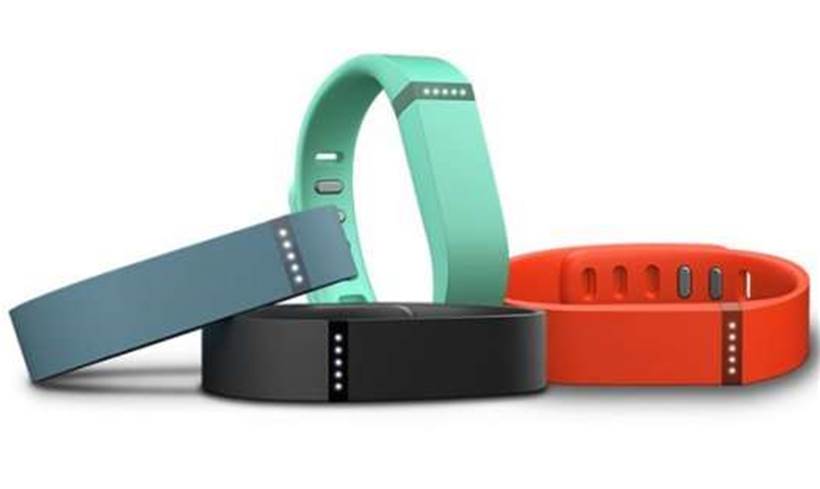Almost two-thirds of insurers plan to take advantage of wearable technologies in the next two years, according to research by Accenture.
The consultancy's Technology Vision for Insurance 2015 report is based on a survey of "more than 200 insurance executives", 63 percent of whom see the potential value in having their policyholders connected and sharing data.
"While insurers have traditionally based their underwriting and pricing processes on a limited view of certain customer variables, emerging technologies such as wearables and other connected devices can help insurers break from their traditional business models and provide outcome-based services for their customers," senior managing director of Accenture's global Insurance practice, John Cusano, said.
Australian insurers have already started to move.
For example, AIA Australia offers points rewards for customers who share data from their FitBit wearable device. The points can be exchanged for rewards including discounted premiums and Myer gift cards.
Medibank offers a similar deal, where users of FitBit, Garmin, Jawbone or Polar wearables can earn flybuys loyalty scheme points by "enjoying a more active lifestyle" - and linking their fitness data to their health policy.
And researchers at the University of New South Wales are trying to make sure wearable devices can become trusted and secure sources of health data for medical insurers and potentially for the mainstream health system.
They are "proposing a series of lightweight security enhancements to enable wearable devices to play a more critical role in health management."
It's what we want, apparently
Research by The Boston Consulting Group (BCG) shows consumers are open to these kinds of arrangements with their insurers.
BCG financial services partner Sam Stewart said a survey of 500 Australian consumers found 80 percent willing to share data from wearables "in exchange for a reduction in their premiums of about ten to 15 percent."
"Australians were more willing to share data than consumers in a number of other developed countries, including Germany, France, Japan and the UK, which perhaps reflects our disposition to be early adopters of technology," Stewart wrote in an opinion article.
Outside of Australia, however, BCG sees the linkage of wearable data to health insurance as a more "sensitive issue", albeit not something outside the realms of possibility.
Research by PwC shows monetary rewards could be the key to more broad acceptance of the notion of feeding fitness data to your insurance provider.
It noted up to 70 percent of US consumers would be willing to don wearables, but only if someone else paid for them, they received discounted health premiums and the data sent back from the wearables was anonymised.
David Vaile, co-convenor of the Cyberspace Law and Policy Community at the University of New South Wales, had a simple tip for anyone worried about having to eventually share data from their wearables with insurers.
"Don't collect the data. If it doesn't exist it can't be shared, sold, hacked, aggregated or subpoenaed, or form part of your duty of disclosure to your insurer," he told Fairfax.









